Supreme Court: In a case challenging the validity of computation and levy of property tax based on capital value system under the amended Mumbai Municipal Corporation Act, 1888 (MMC Act), the bench of UU Lalit, CJ* and Ajay Rastogi, J has held that for the purpose of determining capital value, only the present physical attributes and status of the land and building can be considered and not the future prospects of the land.
The Court held that the empowerment in terms of clauses (a) to (e) read with sub-Section (1B) of the MMC Act or the conferral of rule-making power would not permit the Corporation to determine the capital value beyond the scope of said clauses (a) to (e).
Background
The MMC Act authorizes the Municipal Corporation of Greater Mumbai (the Corporation) to impose property tax on lands and buildings and property tax is one of the main sources of revenue for the Corporation. The MMC Act earlier provided for levy of property tax on the basis of certain percentage of rateable value of the buildings or lands. The basis of determination of rateable value was the annual rent for which such buildings or lands might reasonably be expected to be let from year to year.
However, in 2009, the MMC Act was amended, thereby empowering the Corporation to levy property tax on the basis of capital value as an alternative to the earlier method of levying property tax on the basis of rateable value. The MMC Act was, thereafter, amended by successive amendments as a result of which newly introduced Section 154(1A) and (1B) now authorizes Municipal Commissioner to fix the Capital Value of land and building with the approval of the Standing Committee. The Capital Value Rules of 2010 and Capital Value Rules of 2015 also came into force.
Consequently, a number of petitions were filed challenging the validity of computation and levy of property tax based on capital value system. The Bombay High Court, however, rejected the challenge as to the validity of various provisions of the MMC Act.
Supreme Court’s Analysis
On absence of recommendations by the Finance Commission in relation to measures needed to improve the financial position of the municipalities
While it is true that certain functions are entrusted to the Finance Commission and the recommendations made by the Finance Commission must carry great weightage, it is the Legislature of the State which will ultimately take an appropriate action with respect to the recommendations made by the Finance Commission and the papers placed before it as Sub-Article (2) contemplates that the recommendations made by the Finance Commission along with the explanatory memorandum as to the action taken thereon must be laid before the Legislature of the State.
“If the Legislature itself has taken into account certain prevailing situation, which according to the Legislature is causing some prejudice to the financial health and condition of the municipalities and, therefore, the method of imposition of property tax ought to be changed, it cannot then be said that the matter must necessarily and ought to have emanated from the Finance Commission or that in the absence of such recommendations by the Finance Commission, no steps could have been taken by the Legislature.”
Article 243X of the Constitution states that the Legislature of a State may by law authorize a municipality to levy, collect and appropriate such taxes etc. in accordance with such procedure and subject to such limits as may be specified in law. Hence, the exercise undertaken by the Legislature in the instant case is completely consistent with the empowerment relatable to Article 243X of the Constitution and does not in any way go counter to said empowerment.
On the change the methodology of computation and levy of property tax based on capital value system
Sections 123 to 128 of the MMC Act deal with accounts and annual budget estimates. With the fixed parameters and scope of taxation, as well as, the elements that can be covered by levy of such taxes, depending upon the annual budget estimates, the rates of municipal taxes, fares and charges can certainly be fixed in terms of Section 128 of the MMC Act. In such cases, the width of the tax regime is already decided and the rates of taxes would be dependent upon the annual estimates.
However, after the amendment in question, instead of rateable value, the property tax can now be levied going by the capital value which was not possible through the process of annual estimates and in terms of Sections 120, 123, 125 and 128 of the MMC Act. All that could be done under these provisions would be to vary or change the rates and not the very basis of taxation
Section 154 deals with how rateable value and capital value are to be determined. Sub-section (1) deals with rateable value while sub-section (1A), (1B) and (1C) deal with capital value. The factors on the basis of which capital value can be arrived at are delineated in sub-clauses (a) to (e) of sub-section (1A) of Section 154. While sub-clause (a) to (d) are clear and well defined, sub-clause (e) refers to the factors as may be specified by rules under subsection (1B) which in turn authorizes the Commissioner, to frame such rules, with the approval of the Standing Committee as respects details of categories of building or land and the weightage by multiplication to be assigned to various such factors and categories for the purpose of fixing the capital value.
Section 154 (1A) – Sub clauses (a) to (d)
Clauses (a) to (d) are physical features or attributes of the land or building which are in existence when the value is to be reckoned. In essence, these attributes are situations “in praesenti”. The buildable potential of the land in future is not an attribute “in praesenti” but is in the nature of likelihood of user or exploitation of the asset “in futuro”. However, after the amendments, the emphasis has now changed and the basis for taxation is now to be capital value of land and building.
Capital value can have two dimensions: First, the value of land or building as it stands today or secondly, the value as may be in future as per anticipated development. However, the legislative intent, as is clear from clauses (a) to (d), is about actual status and user as on the date the capital value is to be reckoned or considered. These clauses clearly show that the features contemplated therein must be in existence as on such date and not what would be the projection in future.
Section 154 (1A) –Sub-clause (e)
The said clause can either be read ejusdem generis along with sub-clauses (a) to (d), in which event the scope of any rules to be made in terms of power granted by sub-clause (e) read with sub-Section (1B), would be relatable to the factors actually in existence and not as something contemplated in future.
However, if the clause is read independently, there is nothing in clause (e) or in the language of sub-Section (1B) that the future prospects of the land in question could be reckoned or noted for arriving at the capital value.
Hence, it is quite clear that the width of clauses (a) to (e) read with sub-Section (1B) do not by any stretch of imagination contemplate taking into account the future prospects of the land in question.
[Municipal Corporation of Greater Bombay v. Property Owner’s Association, 2022 SCC OnLine SC 1542, decided on 07.11.2022]
*Judgment by: CJI UU Lalit
For Corporation: AG K.K. Venugopal and Sr Adv V. Sreedharan
For Respondents: Sr Adv Neeraj Kishan Kaul, Milind Sathe, Shekhar Naphade, Darius Khambata , Adv H. Devarajan, Abhishek Bharti, Shikhil Suri, Satish Muley



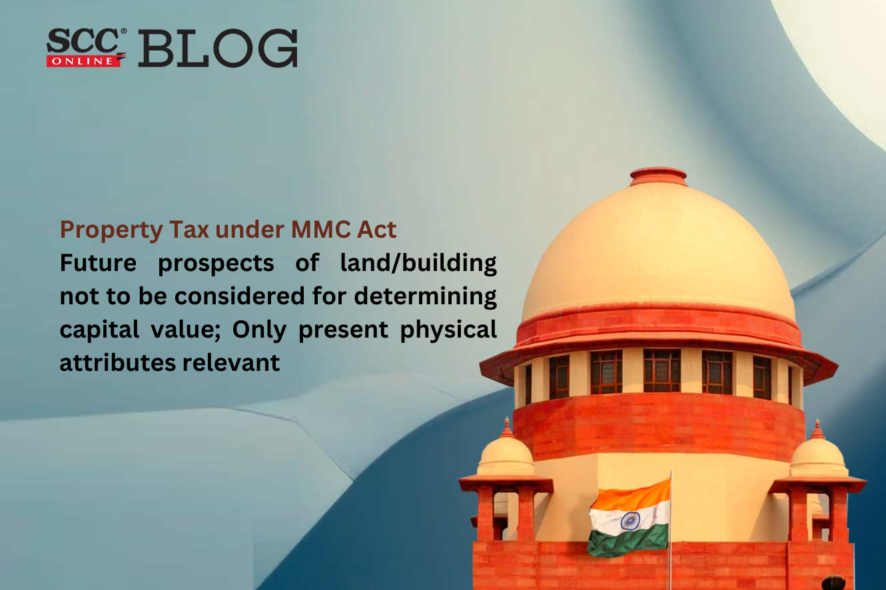

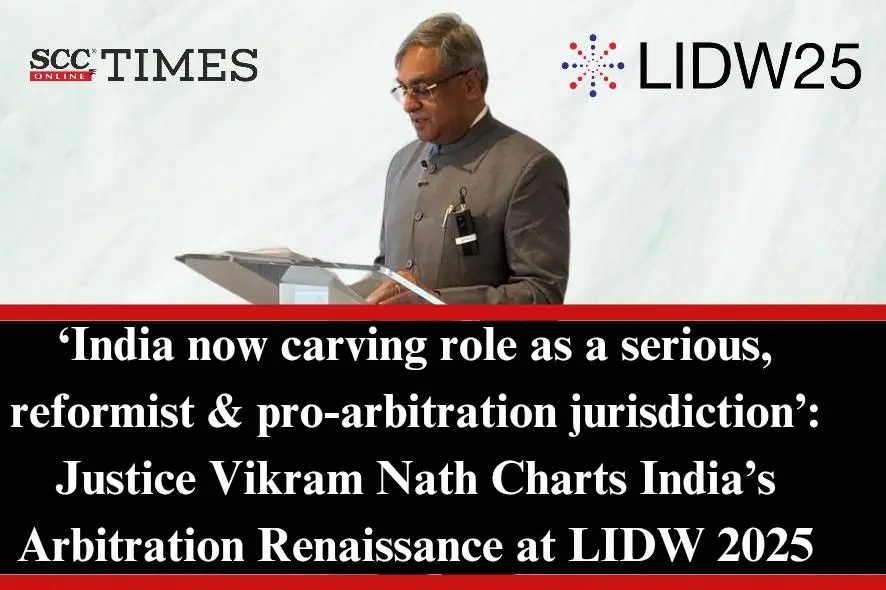
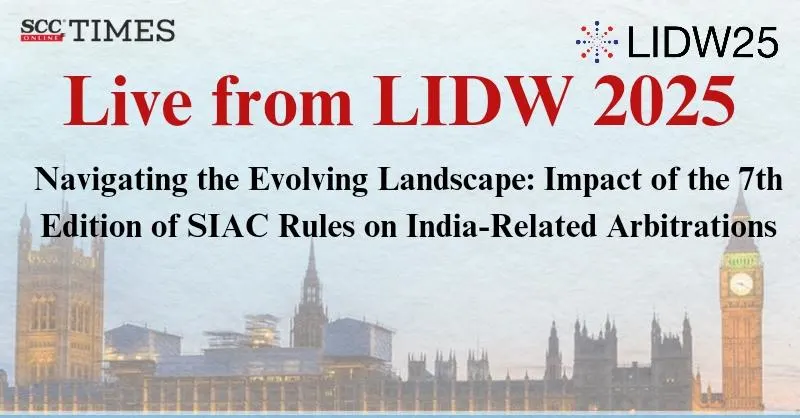
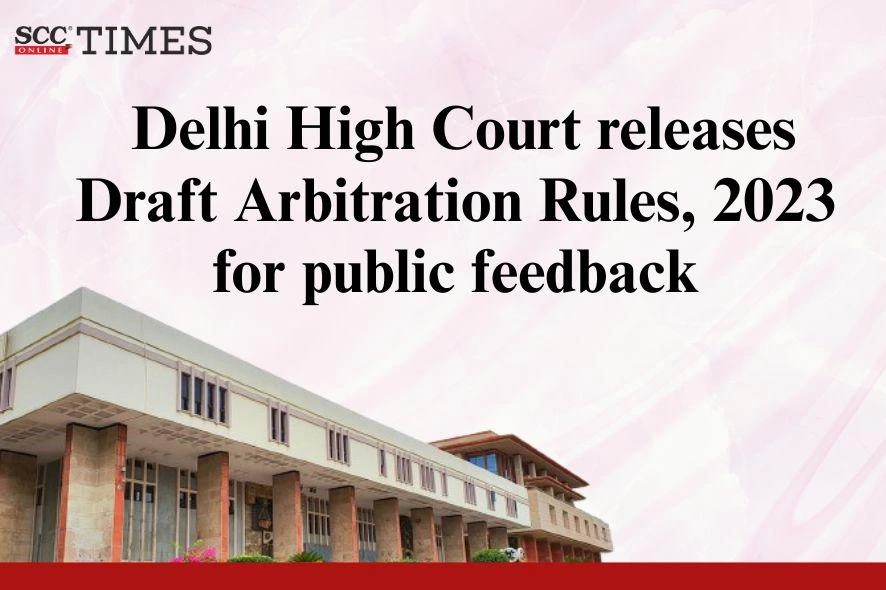
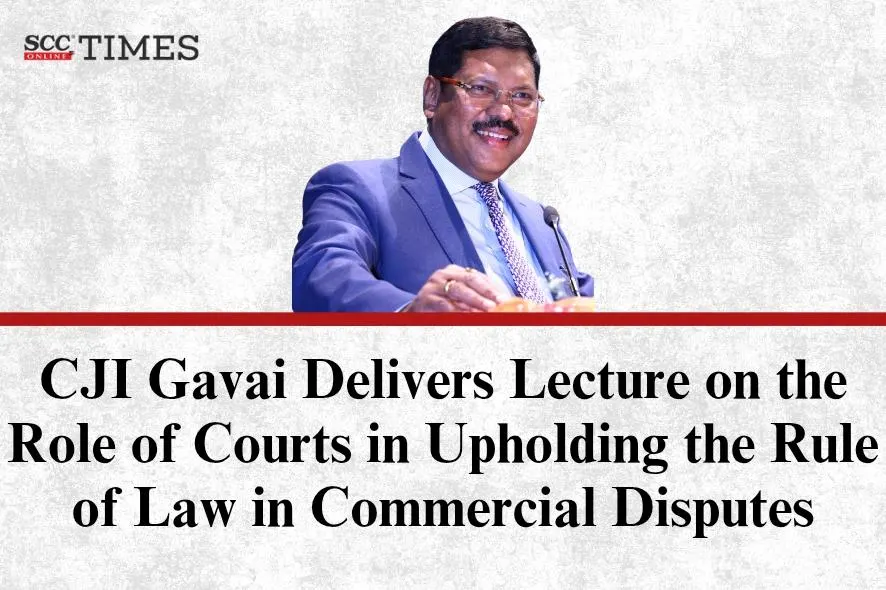
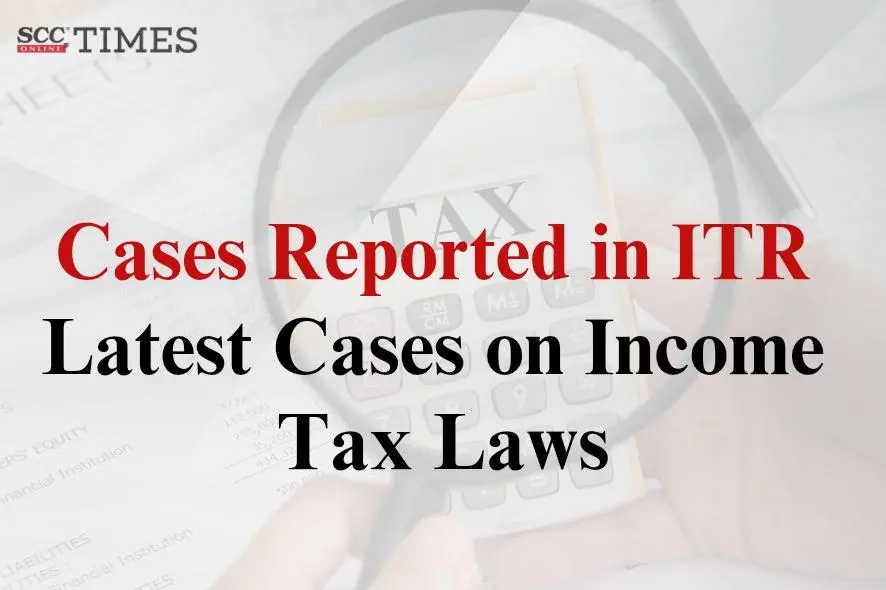




The article “Future Prospects: Land & building not considered for computing capital value for property tax: Mumbai Municipal Corporation v. Bombay Bar Association” discusses a recent decision by the Supreme Court of India regarding the computation of property tax in the city of Mumbai. The court ruled that for the purposes of determining the capital value of a property, only the built-up area of the property would be considered, and not the value of the land on which the property is situated. This decision has significant implications for property owners in Mumbai, as it means that those with larger plots of land but smaller built-up areas may see a decrease in their property tax liability. The article goes on to discuss the legal reasoning behind the decision and its potential impact on property tax assessments in other parts of India. Overall, the article provides an informative update on an important legal development for property owners and investors in Mumbai.